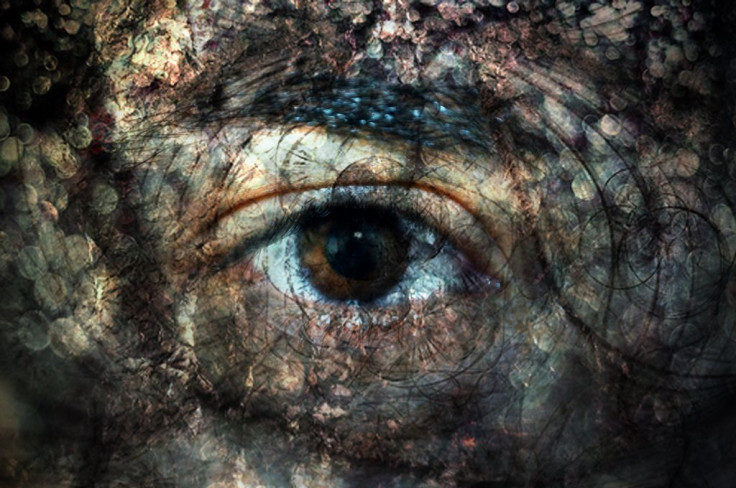Trouble Visualizing Memories? You May Have Aphantasia, A Condition That Impedes Visualization

Have trouble remembering people’s faces when they’re not with you? Can’t recall key memories, smell the food you love, or hear the laughs of those closest to you? Well, you might have aphantasia, a condition doctors say makes it difficult for people to visualize. It’s essentially the absence of the “ mind’s eye.”
People with aphantasia will often report missing out on the key parts of the human experience, from recalling relatives who have passed away to picturing a book’s descriptive language. Professor Adam Zeman, a cognitive neurologist at the University Of Exeter Medical School, has taken a special interest in people who have these difficulties visualizing. In his most recent study, he has decided to unpack what constitutes this disorder by examining people’s personal experiences.
When visualization occurs, multiple regions within the brain are working together to form a network that will help regenerate images, sounds, and smells. More specifically, areas like the parietal and frontal lobes, known to organize the information being visualized, will work with the temporal and occipital lobes to dig up these memories and make this type of recollection a more visual experience. Because so many components are at work during this process, researchers are having a difficult time isolating exactly what is going wrong in someone whose “mind’s eye” doesn’t work. Some have even reported difficulties visualizing after experiencing brain damage, or a mood disorder.
Zeman and his team have made it their goal to discover what is happening with people who are experiencing this phenomenon, and how it can be helped. His most recent study was inspired by the response he received to a paper he previously wrote about a man who lost his ability to visualize after having a cardiac procedure. American science journalist Carl Zimmer reported on Zeman’s paper in an article for Discover magazine, prompting 21 people to reach out to Zeman to talk about their own experience.
The present study includes emails Zeman received from different individuals claiming to experience a missing “mind’s eye.” For 25-year-old Tom Ebeyer, of Ontario, Canada, it wasn’t until his girlfriend described her ability to visualize that he realized he was missing out on something big.
"It had a serious emotional impact. I began to feel isolated — unable to do something so central to the average human experience,” he wrote. “The ability to recall memories and experiences, the smell of flowers, or the sound of a loved one's voice; before I discovered that recalling these things was humanly possible, I wasn't even aware of what I was missing out on.”
Tom says that when it comes down it, he can’t visualize much of anything, not sound, texture, taste, or smell; all emotion is impossible to access. Similarly, when his mother passed, he could not help but let her memory fade. "After the passing of my mother, I was extremely distraught in that I could not reminisce on the memories we had together. I can remember factually the things we did together, but never an image. After seven years, I hardly remember her."
Despite this difficulty, Ebeyer finds solace in the fact that more attention is being placed on aphantasia. "To have the condition researched and defined brings me great pleasure. Not only do I now have an official title to refer to the condition while discussing it with my peers, but the knowledge that professionals are recognizing it reality gives me hope that further understanding is still to come."
Within the study, Zeman and his colleagues coined the term “aphantasia” to discuss this phenomenon, though it has been previously referred to as “defective revisualization” and “visual irreminiscence.” Zeman also employed the Vividness of Visual Imagery Questionnaire (VVIQ) to help individuals corresponding with him evaluate the degree of their disorder.
Zeman tells Medical Daily the VVIQ can detect aphantasia — the “total or near total absence of voluntary summoned imagery”— and that those who have it will get a score of 16/80 on the questionnaire. Through this, he found that most of those he spoke with didn’t find out they had problems visualizing until in their 20s, and how much they could or could not visualize varied.
Zeman intends to continue on with this research through an interdisciplinary project funded by the Arts and Humanities Research Council; him and his colleagues hope to explore what parts of the brain could be responsible for this disorder.
Source: Zeman A, Dewar M, Sala S. Lives without imagery – congenital aphantasia. Cortex. 2015.
Published by Medicaldaily.com



























